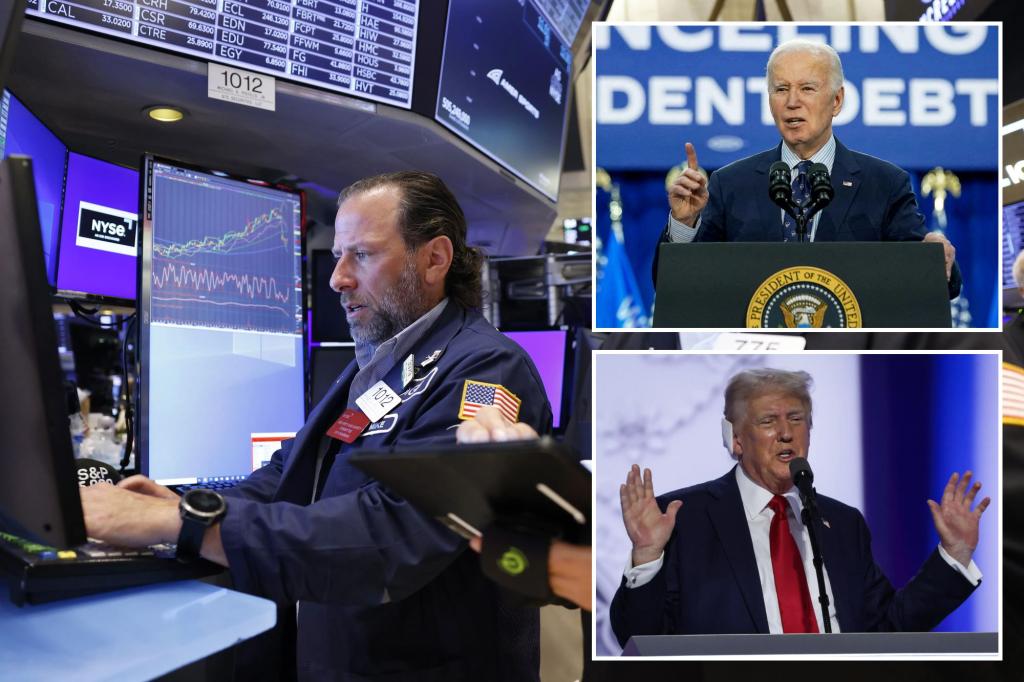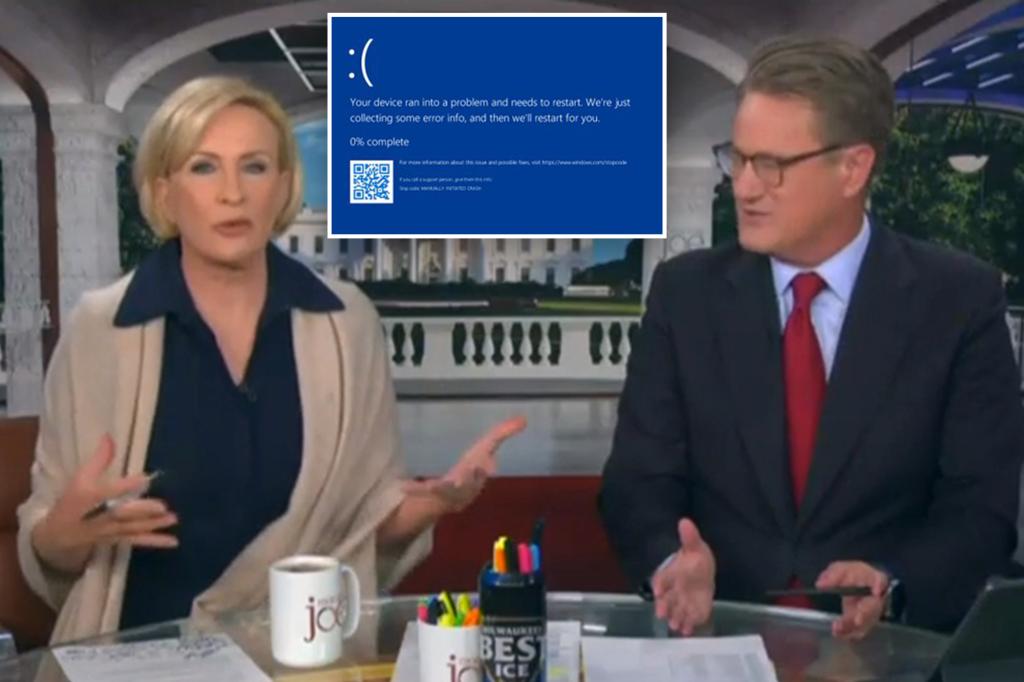
Inflation! Work! Deficit! Prices! Regulations! Tax reduction! Tax increase!
Yes – there are plenty of economic questions to worry about when it comes to the 2024 election – and that’s besides which candidate is getting hammered and confusing his opponent with his running mate.
So what does all the big election drama mean for stocks?
Nada
Stocks typically rise in the back half of election years. Wild and weird won’t change that. Party, personality – and yes, even potential economic policies – are also not key.
The drop in uncertainty is. Before you call me weird (which I always embrace), let me explain.
My 2024 forecast showed you that election years are typically strong for stocks, with 11.4% average S&P 500 returns since 1925. But averages are not ceilings. Election year stocks are typically loaded with low returns in the first half, three times higher in the back half.
Fact: that includes the first 15 positive parts. Only one, 1948, saw a negative second half. Only one. These second parts averaged 8.9%.
Why? Approaching elections reduce uncertainty. Stocks always love it. Election year uncertainty reigns early. A host of candidates can jam the primaries by playing to their bases, advertising fear-mongering.
Not in 2024. The Trump-Biden rematch was destined early on — an early certainty that was unusually high for any election year. So in 2024 stocks rose early.
(Remember that the 2020 Democratic race only came together when Biden’s Super Tuesday surge turned his fortunes around. A packed field of 17 2016 GOP candidates couldn’t get on a debate stage. The Bernie bros did contentious Democratic primary until June.)
Could debate obstacles, assassination attempts and more cause uncertainty in the second half? Maybe, but not likely. After the debate, poll numbers quickly stabilized. After an assassination? Stocks continue to rise.
That said, we will probably see a close final race. Biden’s debate swing and initial poll decline didn’t boost Trump’s numbers, but third-party numbers did. When the vote finally comes, third-party numbers routinely fade. Increasingly, former protest voters are concluding that they want their vote to count. Formerly Biden-leaners hate Trump too much to switch to him. In the end, most will go back to Biden.
Still, the tide of Biden’s debate has Democrats on the defensive in states they assumed were safe: Minnesota, New Jersey, New Hampshire, Maine, even Virginia. They have enough money for TV and direct mail there.
But the most difficult and important campaign tactic remains: building new late-stage ground games — skilled crews and recruiting to get their fringe voters out in those states. Democrats appear to be facing a much more resource-intensive effort than they suspected before the debate — partly explaining their post-debate panic.
This distracts from where it matters most: the six traditional swing states: Arizona, Georgia, Michigan, Nevada, Wisconsin…and especially Pennsylvania. The best new website for market analysis, by far, is: 270toWin.com. It allows you to play what-if games unlike any website before (and no – I have nothing to do with them, financial or otherwise, other than being an avid user).
November is still far away. It all comes down to who wins 270 or more Electoral College votes. I think you’ll see if “what if” on 270toWin.com, that Biden’s only real path to victory goes through Pennsylvania. Biden can win a lot more and win … or lose, but Pennsylvania is the key.
Trump had a pretty good 235 EC votes locked up months ago. If he wins Pennsylvania, he will almost certainly win Georgia, a more Republican state. That brings him to 270 and the presidency.
After the elections? The political impact of stocks for 2025 depends on the government we get, including the House and Senate. Not if the GOP or the Democrats triumph, but if the gold lock continues.
I’ve told you many times that legislation — not party affiliation — is what matters about stocks. Gridlock suppresses threatening market bills, helping stocks rise – both in 2023 and 2024. It’s too early to tell for 2025 – but 2025 is key.
For now, enjoy the distant stories and a great scholarship 2024. The wonder will not go away. But the bull market should flourish until 2024.
Ken Fisher is the founder and executive chairman of Fisher Investments, a four-time New York Times bestselling author and regular columnist in 21 countries worldwide.
#strange #election #affect #stocks
Image Source : nypost.com


